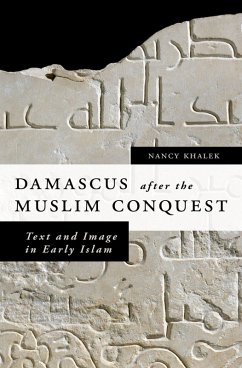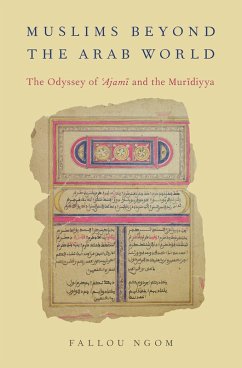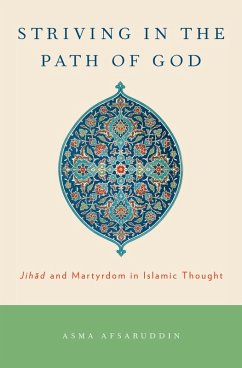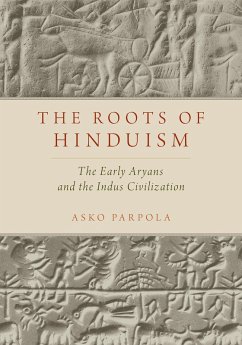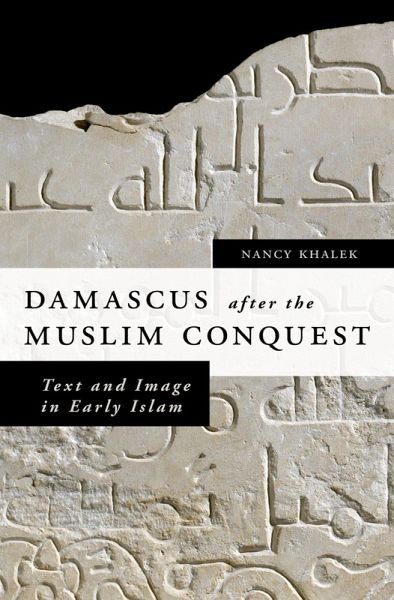
Damascus after the Muslim Conquest (eBook, PDF)
Text and Image in Early Islam
Versandkostenfrei!
Sofort per Download lieferbar
50,95 €
inkl. MwSt.
Weitere Ausgaben:

PAYBACK Punkte
25 °P sammeln!
Before it fell to Muslim armies in AD 635-6 Damascus had a long and prestigious history as a center of Christianity. How did this city, which became the capitol of the Islamic Empire and its people, negotiate the transition from a late antique or early Byzantine world to an Islamic culture? In Damascus after the Muslim Conquest, Nancy Khalek demonstrates that the changes that took place in Syria during this formative period of Islamic life were not simply a matter of the replacement of one civilization by another as a result of military conquest, but rather of shifting relationships and practi...
Before it fell to Muslim armies in AD 635-6 Damascus had a long and prestigious history as a center of Christianity. How did this city, which became the capitol of the Islamic Empire and its people, negotiate the transition from a late antique or early Byzantine world to an Islamic culture? In Damascus after the Muslim Conquest, Nancy Khalek demonstrates that the changes that took place in Syria during this formative period of Islamic life were not simply a matter of the replacement of one civilization by another as a result of military conquest, but rather of shifting relationships and practices in a multifaceted social and cultural setting. Even as late antique forms of religion and culture persisted, the formation of Islamic identity was affected by the people who constructed, lived in, and narrated the history of their city. Khalek draws on the evidence of architecture and the testimony of pilgrims, biographers, geographers, and historians to shed light on this process of identity formation. Offering a fresh approach to the early Islamic period, she moves the study of Islamic origins beyond a focus on issues of authenticity and textual criticism, and initiates an interdisciplinary discourse on narrative, storytelling, and the interpretations of material culture.
Dieser Download kann aus rechtlichen Gründen nur mit Rechnungsadresse in A, B, BG, CY, CZ, D, DK, EW, E, FIN, F, GR, HR, H, IRL, I, LT, L, LR, M, NL, PL, P, R, S, SLO, SK ausgeliefert werden.




